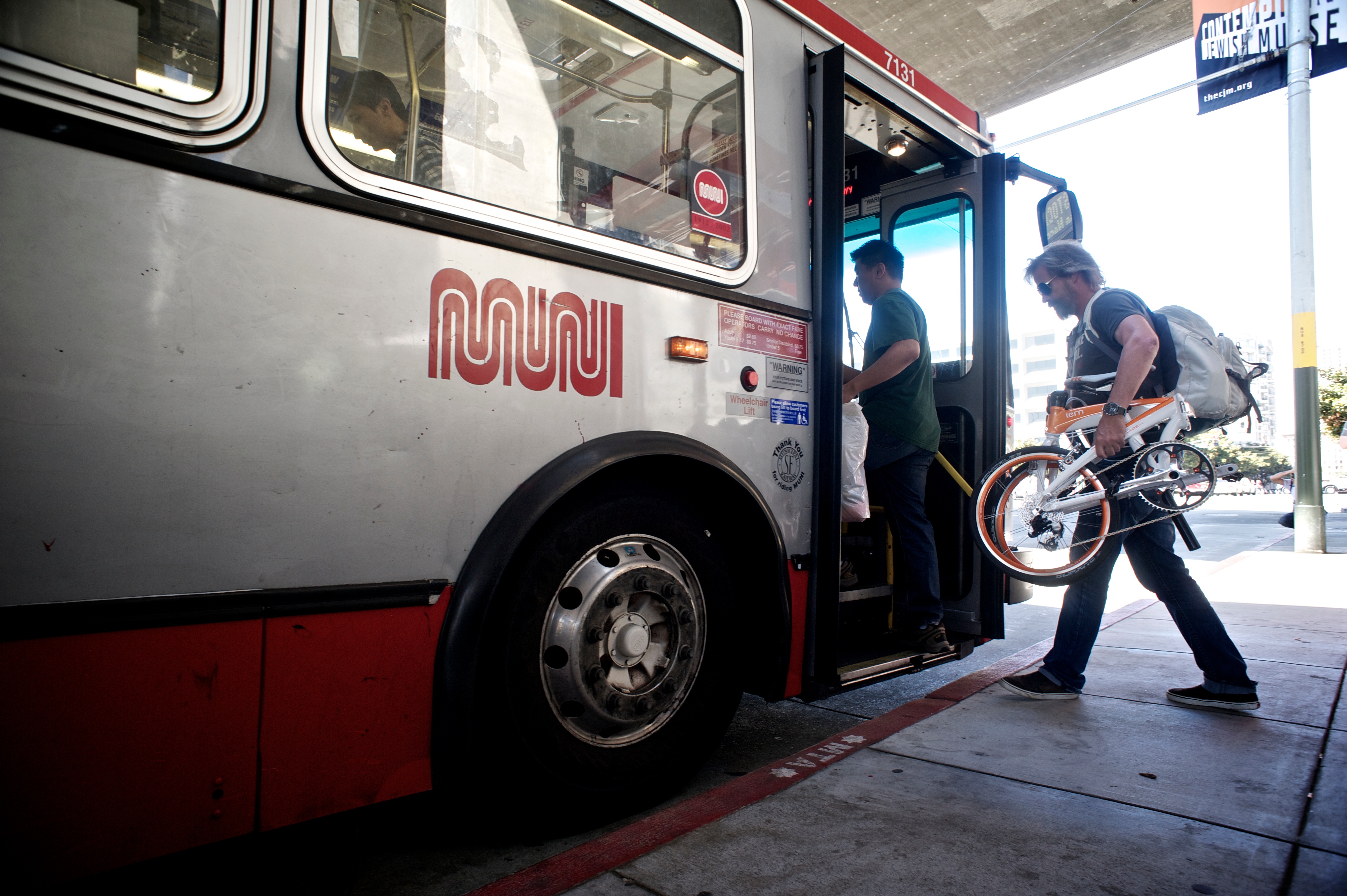
ECF Signs a Statement with ETF, ETSC, and FEVR on Working Time for Professional Drivers
ECF has signed a Joint Statement along with the European Transport Workers’ Federation (ETF), the European Federation of Road Traffic Victims (FEVR) and the European Transport Safety Council (ETSC) to raise concerns with what may be untested and a possibly dangerous driving and rest time regime for bus and coach transport in Europe.
The issue concerns the rules regulating the working time that is allowed for professional drivers of large vehicles. Regulation 561/2006[1] is under review and is currently making its way through the European Parliament and Council[2].
We believe that at the very least the current rules should not be changed, these rules allow for at least a minimum of 3 days off in any given period of two weeks, changes that have been proposed could make it possible for bus and coach drivers to drive for 18 - 20 days with only two days off in between. There is also concern that drivers could be working 16 hour days twice weekly, and could lose rest time per month.
There are many questions as to how the working schedules of drivers could be organised, the drivers unions (ETF)[3] claim that changes to the legislation could, under a worst case scenario, leave drivers (particularly of large coaches) working with 20 days of continuous driving with only 2 days off in between; a decrease in rest time periods from 6 to 4 days; and a 16-hour working day 8 times per month.
There has been no thorough assessment of the road safety impacts of changes to the legislation, and we would echo the comments of the European Economic and Social Committee (EESC) that “The EESC regrets the fact that the mobility package, particularly when it comes to bus and coach passenger transport, brings more flexibility in organising rest times without any thorough assessment of passenger, driver or road safety”[4], and those of the European Safety Transport Council (ETSC) that “…the extension of the reference period for the calculation of driving and rest time from 2 to 4 weeks could lead to drivers concentrating their driving time and their rest time, leading to higher levels of fatigue at certain points in the month[5]”
We can see some serious issues regarding road safety and how the drivers of these large vehicles interact with other road users. In 2015 54 cyclists and 196 pedestrians were killed in crashes with buses or coaches, this is less than in crashes with HGVs/lorries (282 cyclists and 579 pedestrians) but is still an unacceptably high number.
We have been struggling across the EU with continuing the reduction in road fatalities, the good progress that we have made across the EU has plateaued over the past few years. Cyclist fatalities and serious injuries are also falling at a much slower rate than other road users.
This means that we must step up our initiatives to get safer vehicles[6] and infrastructure[7], but we also need to make sure that drivers of all vehicles are not distracted, fatigued, and tired; particularly those that are driving 20/30 tonne vehicles. Drivers working more with less rest will not set us back on the path of improving road safety and reducing road fatalities across our roads for all road users.
We have to place safety ahead of other considerations, this is a critical period in getting deaths and serious injuries on Europe’s roads on the line towards the 2020 ‘halving road fatalities since 2010’[8] target. We must force every transport issue to be looked at through the lens of road safety before we make decisions on it, and this is no exception. We would like to see a thorough review of this legislation before decisions are made that could impact negatively the safety of all road users.
[3] http://www.etfroadsectionblog.eu/index.php/2018/02/05/bus-coach-companies-lobby-for-longer-hours-and-less-rest-for-drivers/
[4]https://dm.eesc.europa.eu/EESCDocumentSearch/Pages/redresults.aspx?k=(documenttype:AC)(documentnumber:2852)(documentyear:2017)(documentlanguage:EN)
[5] http://etsc.eu/position-paper-proposed-changes-to-the-driving-and-resting-time-rules-and-tachographs/
[8] In 2010, the European Union renewed its commitment to improve road safety by setting a target of reducing road deaths by 50% by 2020, compared to 2010 levels http://eur-lex.europa.eu/legal-content/EN/ALL/?uri=CELEX:52011DC0144
Regions:
Topics:
Contact the author
Recent news!
Upcoming events
Contact Us
Avenue des Arts, 7-8
Postal address: Rue de la Charité, 22
1210 Brussels, Belgium









